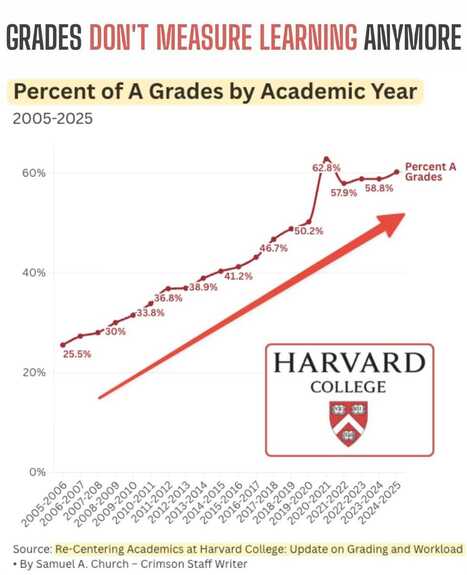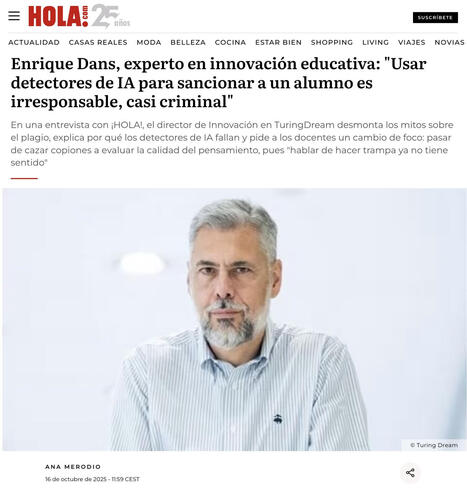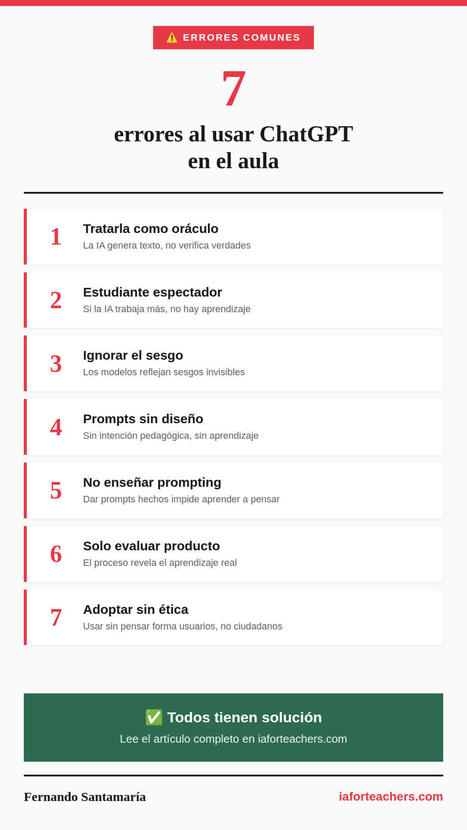As technology transforms business and industry, it’s also reshaping the way we prepare for it. In this fast-paced new world, learning how to learn is the most valuable skill of all, and agility and adaptability may be more essential for success than any degree or qualification.
So with that in mind, here are what I believe will be the most important trends affecting skills and education in 2026.



 Your new post is loading...
Your new post is loading...




















![[Poll] In a dramatic shift, Americans no longer see 4-year college degrees as worth the cost | Edumorfosis.it | Scoop.it](https://img.scoop.it/36YwdfjYNVE7kfUpWCIS2jl72eJkfbmt4t8yenImKBVvK0kTmF0xjctABnaLJIm9)



![[DOCS] NCDPI Generative AI Implementation Recommendations and Considerations for PK-13 Public Schools | Edumorfosis.it | Scoop.it](https://img.scoop.it/J7QOhJu_1by0w3CFkECcDTl72eJkfbmt4t8yenImKBVvK0kTmF0xjctABnaLJIm9)










A medida que la tecnología transforma los negocios y la industria, también está transformando la forma en que nos preparamos para ello. En este mundo acelerado, aprender a aprender es la habilidad más valiosa de todas, y la agilidad y adaptabilidad pueden ser más esenciales para el éxito que cualquier título o cualificación.
Así que, teniendo esto en cuenta, estas son las tendencias que creo que serán las más importantes que afectarán a las habilidades y la educación en 2026.